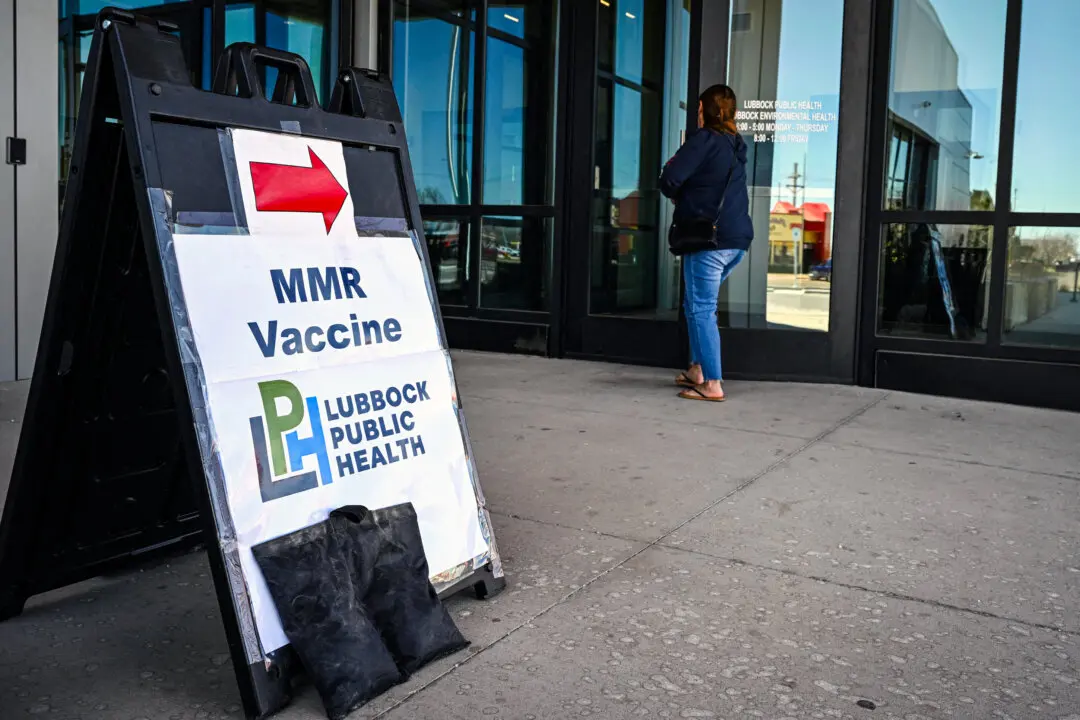Forcing all young students to get COVID-19 vaccine boosters will cause more harm than benefit, according to a new risk-benefit analysis.
Some 22,000 to 30,000 adults aged 18 to 29 who have never been infected with COVID-19 must be vaccinated with a messenger RNA (mRNA) booster to prevent a single COVID-19 hospitalization, researchers estimated after crunching numbers from the Centers for Disease Control and Prevention and other sources. The Pfizer and Moderna shots are built on mRNA technology.





